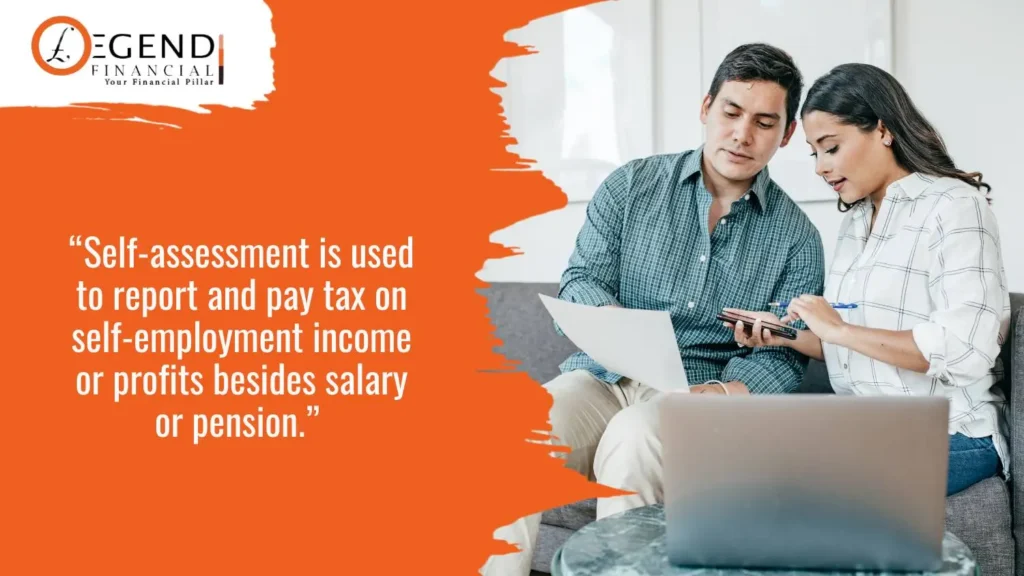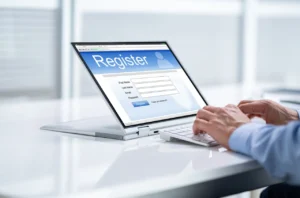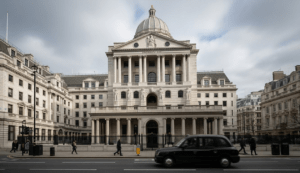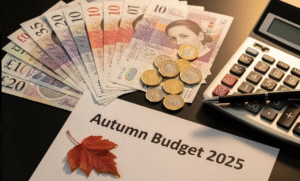Self-assessment is simply HMRC’s way of getting taxpayers to report their income and pay taxes. The process of registering for and completing this tax return is not as complicated as it sounds, so long as one has all the information required. It is, however, a good practice to seek help from tax experts for accuracy. Below is a comprehensive self assessment guide UK for beginners.
What Is a Self–Assessment?
Employees pay income tax and National Insurance (NI) upfront through the Pay As You Earn (PAYE) system, as employers automatically deduct taxes from their payroll. However, incomes that are not from employment or pension are reported to HMRC and paid tax through self-assessment, usually by businesses and self-employed individuals.
HMRC uses the self-assessment system to collect income tax and NI from people with incomes not taxed at source that are not wage, salary, or personal pension. Self-assessment is also used by those who are not self-employed but have to divulge other forms of income to HMRC.
Taxpayers may be both under the PAYE tax system and self assessment, such that they earn from both employment and self employment. Learn more about second job tax implications here.

Who Should File a Self-Assessment?
Submitting a self assessment is obligatory for taxpayers who:
- earn over £1,000 before the tax-free relief
- earn rental income over £2,500
- earn untaxed income (e.g., tips, commissions, etc.) over £2,500
- earn savings or investments income over £10,000 before tax
- earn chargeable gains and need to pay capital gains tax
- are company directors, except for non-profit organisations
- earn £50,000 and claim Child Benefit
- earn offshore income whilst in the UK or vice versa
- earn taxable income over £100,000
- claim extra tax relief, if any
- are a trustee of a trust or registered pension scheme
- rely on state pension as sole income but over the Personal Tax Allowance
- have received P800 from HMRC for the previous tax year underpayment
- want to make voluntary National Insurance contributions to qualify for benefits like state pension
Usually, HMRC will notify taxpayers when they need to file self-assessments by sending them self assessment forms. Otherwise, they may check gov.uk if they need to send a tax return.
They will have to register for self-assessment first if they have not filed a tax return before or if they were registered but did not file a tax return in the previous tax year.
Who Does Not File a Self-Assessment?
In some cases, such as ceasing self-employment, taxpayers may inform HMRC that they no longer need to complete self assessments. Most of the time, it is because they now only earn through employment and no longer have any supplementary income sources. This also happens in the following circumstances:
- They are no longer renting out their property.
- They are no longer paying the High Income Child Benefit Charge.
- They earn less than £150,000.
Check relevant article about renting out properties here: Tax Advice for Landlords in the UK
How to Register for Self-Assessment?
There are three different ways to register depending on taxpayers’ circumstance such as when they are:
- self-employed
- not self-employed but need to divulge their income
- a partner in a business partnership
If they use online registration, they may have to wait for a few days to get the Unique Taxpayer Reference (UTR). This will be crucial information for accessing their Government Gateway account. Hiring a self-assessment expert will help make the registration process quick and seamless.
When Are Self-Assessment Deadlines?
Here are the key deadlines for self assessment obligations:
- Self assessment registration – 5 October
- Paper tax return – 31 October
- Online tax return – 31 January
- Tax bill payment – 31 January
- Advanced tax bill (second) payment – 31 July
Advanced payment of tax is referred to as ‘payments on account.’ They are divided into two payments within a tax year – 31 January and 31 July. Penalties will be charged for late filing and interest on late payments.
What Information to Fill in Self Assessment?
The following information will be needed upon completing a self-assessment tax return:
- Unique Taxpayer Reference (UTR)
- National Insurance number
- P60 form
- P45 form if they left a job
- P11D or P9D for benefits and expenses
- Any untaxed income (e.g., self employment, savings interest, dividends)
- Self-employment expenditures
- Charity donations, payroll giving, or pension contributions eligible for relief (e.g., gift aid)
Others also ask: Are Financial Advisor Fees Tax Deductible in UK? To claim the right allowable expenses, especially on legal and financial service fees, check it out.
How to Fill in a Self-Assessment?
There are two ways to file a self-assessment. It is either through:
- Online
- By post
If online, taxpayers can use gov.uk’s free online self-assessment service. If by post, they can download the form SA100 from the government website. Specific sections will be filled in, if applicable, such as blind person’s allowance, student loan repayments, and marriage allowance.
Any undeclared income, alongside their allowable expenses, will be disclosed through the ‘supplementary page.’ These are incomes not taxed at source. Tax advisors can be a very helpful self assessment guide 2024, as they ensure promptness, accuracy, and tax-efficiency in filing tax returns.
How to Pay Your Tax Bill?
After submitting a self assessment tax return, HMRC informs taxpayers of the amount of tax and, if applicable, National Insurance contributions that need to be paid. Several of the fastest payment methods are:
- online or telephone banking
- CHAPS
- debit or corporate credit card
- in-person payments at a bank or building society
The above options are recommended for taxpayers near the payment deadline to avoid interest on late payments. If they pay more tax, they can claim a refund from HMRC.
What Are the Penalties?
Late filing attracts a penalty of £100 after the day of the deadline. For three months more, a £10 extra penalty will be added daily, up to £900. Added to these penalties may be late payment interests, which are as follows:
- after 30 days unpaid – 5% of the unpaid tax
- 6 more unpaid months – additional 5% of the unpaid tax
- 12 more unpaid months – additional 5% of the unpaid tax
Depending on the taxpayers’ reason, the penalty may be higher or lower.
Other Self-Assessment FAQs
Taxpayers who cannot afford to pay their tax bill may reach out to HMRC, where they will be assessed to see if their financial situation may be considered for more time to pay. Failure to contact HMRC may result in interest, penalties, and enforcement actions.
“Not yet used” on a self assessment tax return means that payments or credits have been added to the taxpayer’s self assessment account but have not been applied to any specific tax bill or rebate.
Records should be kept for at least five years after the 31 January submission deadline of the relevant tax year, as HMRC may perform an evaluation of these records to ensure the correct amount of tax has been paid.
In the UK, proof of self-employment can be demonstrated through various documents. These include bank statements and chequebook stubs, receipts for goods and stock, as well as sales invoices, bank slips, and till rolls.
Self-employed individuals are not entitled to the minimum wage. This regulation only applies to employees. A person is considered self-employed if they manage their own business and bear the responsibility for its success or failure.
Where to Get Help?
For a more hands-on self assessment guide, reach out to tax professionals at Legend Financial. We are an established tax and accountancy firm in the UK, with offices spread around the country, celebrating over ten years in the field. Our experience and commitment to settling tax affairs in the most savings-oriented and proactive way puts us above others in the industry.
From tax planning to filing your tax returns, Legend Financial is here to make the process easier for you. Let us help you have an upper hand over your taxes. Talk to one of our self assessment specialists today!











